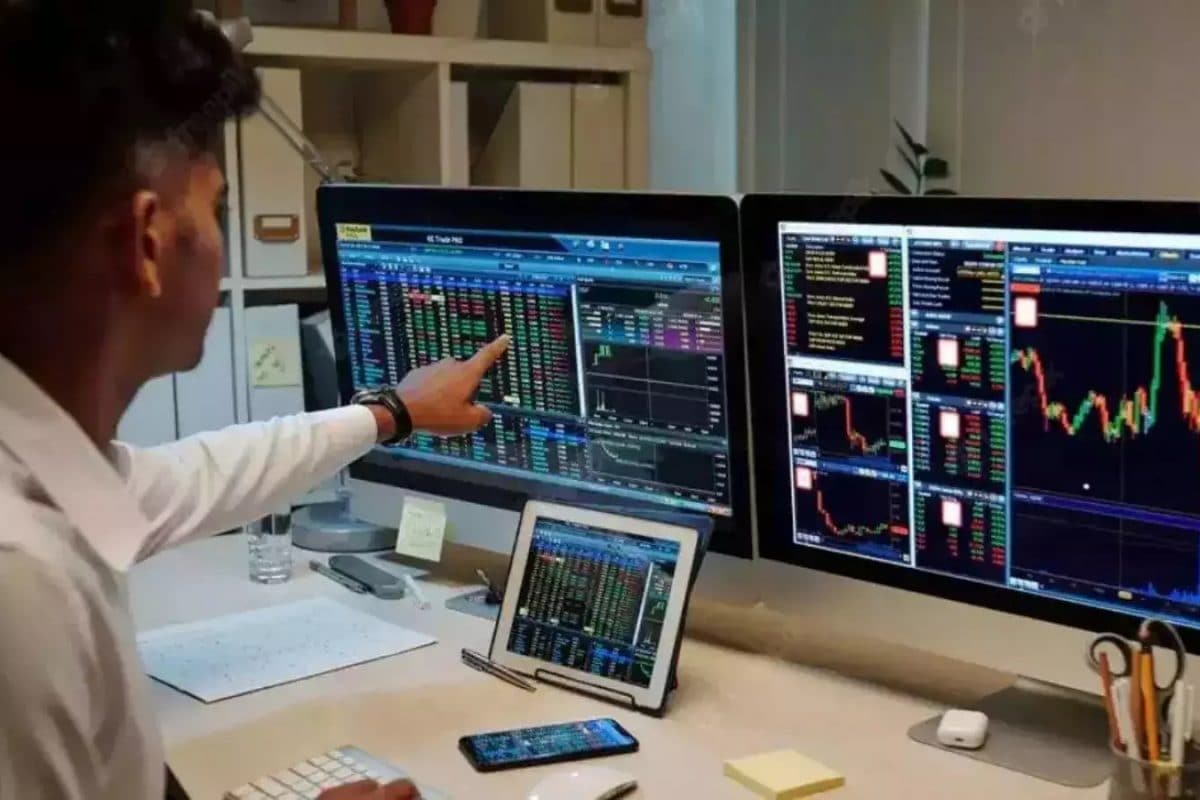

The recent tensions between Israel and Iran have introduced a layer of uncertainty into the global financial landscape, prompting analysts and investors to assess the potential impact on the Indian stock market. While the conflict has triggered volatility and risk-off sentiment, experts suggest that the Nifty 50 may have already factored in a significant portion of these geopolitical concerns.
Initial Market Reaction and Rebound
The escalation of the Israel-Iran conflict initially rattled global markets, causing a brief dip in Indian equities. On June 14, 2025, the Sensex plunged 573 points, while the Nifty shed nearly 170 points. However, the panic proved to be short-lived. The markets rebounded sharply on Monday, June 16, with the Sensex rallying 678 points, driven by bargain buying and a shift in focus back to domestic fundamentals. The Nifty rose 0.9% and the Sensex climbed 0.8%, recovering from previous losses fueled by escalating Middle East tensions. A decline in Brent crude prices and expectations of US intervention further boosted market sentiment, reducing volatility.
Expert Opinions on Market Resilience
Market experts believe that the Indian market has largely discounted the Israel-Iran tensions, with investors focusing on long-term domestic fundamentals. Sourav Choudhary, MD, Raghunath Capital, noted that the Nifty's resilience amid global unease suggests that the conflict is being viewed as a short-term event rather than a structural threat. He added that investors are focusing on the long-term story of the Indian economy, viewing every dip as a buying opportunity.
Dr. VK Vijayakumar, Chief Investment Strategist at Geojit Financial Services, stated that global stock markets are steady and resilient despite the conflict. He pointed to the decline in the US volatility index CBOE, suggesting that markets are unlikely to correct sharply unless the conflict takes a dramatic turn for the worse.
Harshal Dasani, Business Head at INVasset PMS, highlighted that global markets often behave contrary to mainstream expectations. He noted that the absence of direct supply disruptions quickly settled nerves, and investors are again viewing dips as opportunities, with capital rotating into domestic themes that are largely insulated from global geopolitical shocks.
Factors Supporting Market Stability
Several factors have contributed to the Indian market's ability to withstand the geopolitical tensions:
Potential Risks and Cautions
While the Indian market has shown resilience, experts caution against complacency. Vinod Nair, Head of Research at Geojit Investments, noted that the benchmark equity index experienced moderate losses amid rising risk of an escalation of conflicts in the Middle East ahead of the FOMC meeting. He added that the uncertainty pushed Brent crude prices higher, which is unfavorable for India, given its heavy reliance on oil imports, thereby dampening earnings growth.
Ajit Mishra, Senior Vice President of Research at Religare Broking, stated that global cues, such as updates on ongoing geopolitical tensions and the outcome of the FOMC meeting, will guide the market trend and are likely to keep volatility elevated.
Sectoral Impact
The Israel-Iran conflict has had a varied impact on different sectors:
Nifty's Trajectory
Technically, analysts suggest that the Nifty has support around 24,700 and resistance near 25,000. Shrikant Chouhan, Head of Equity Research at Kotak Securities, believes that as long as the market is trading below 24,900, the weak sentiment is likely to continue. He identified 24,775 as the immediate support zone for traders.
Conclusion
The Indian stock market has demonstrated a remarkable ability to absorb the shocks from the Israel-Iran conflict. While geopolitical risks remain, the market's focus on domestic fundamentals, strong inflows, and limited direct economic impact have contributed to its resilience. However, investors should remain vigilant and monitor global developments, as any escalation in tensions or a sharp rise in oil prices could still trigger volatility.